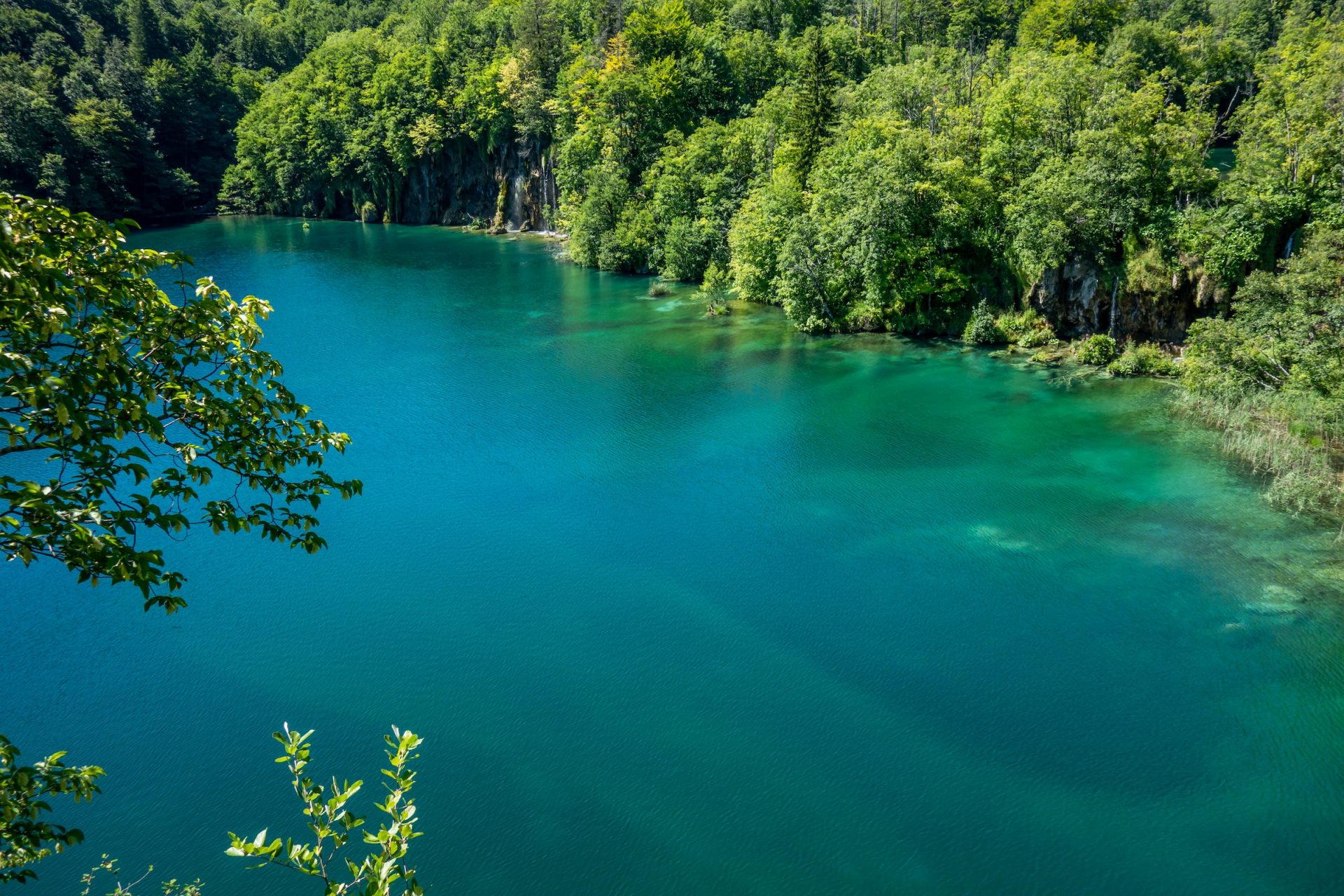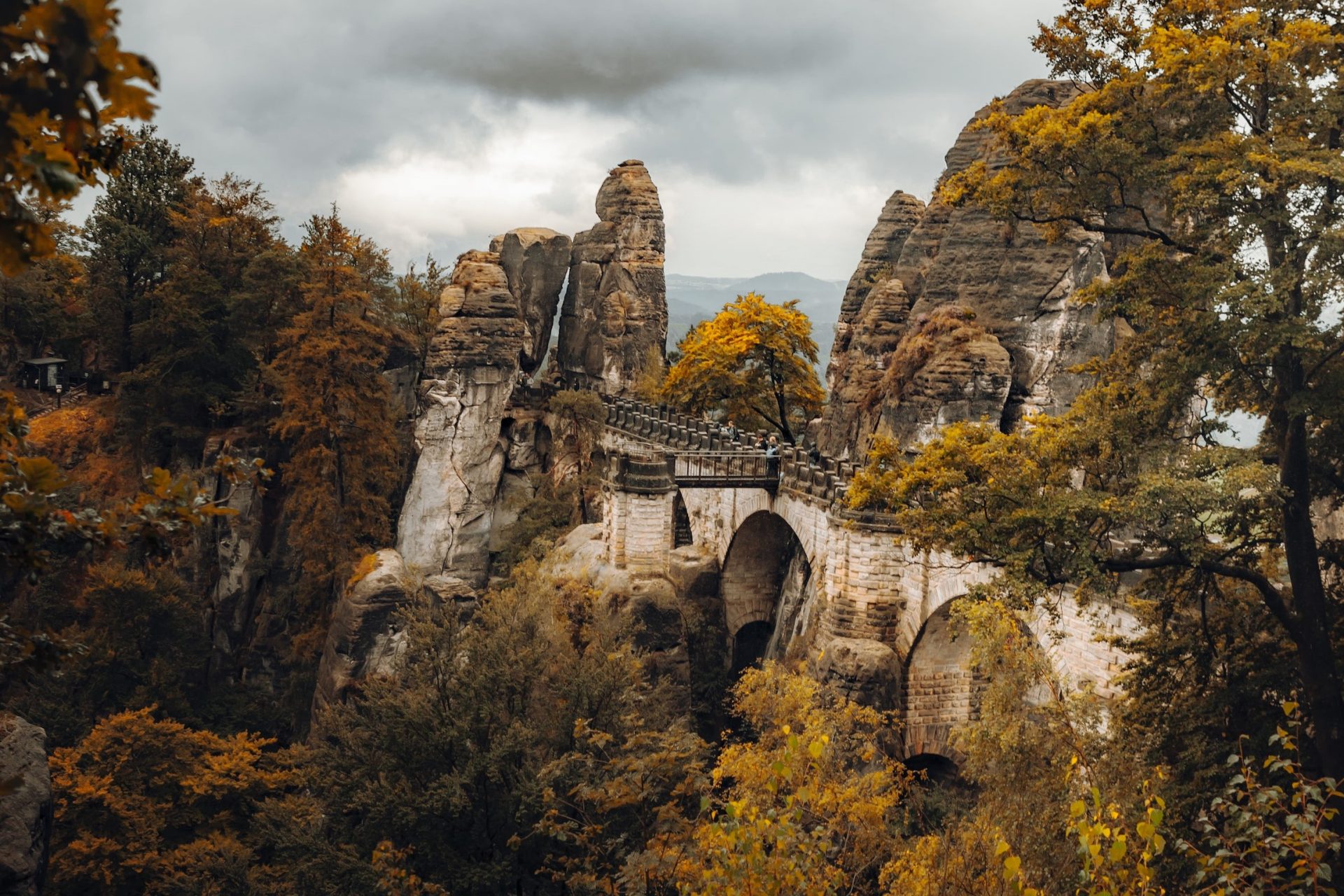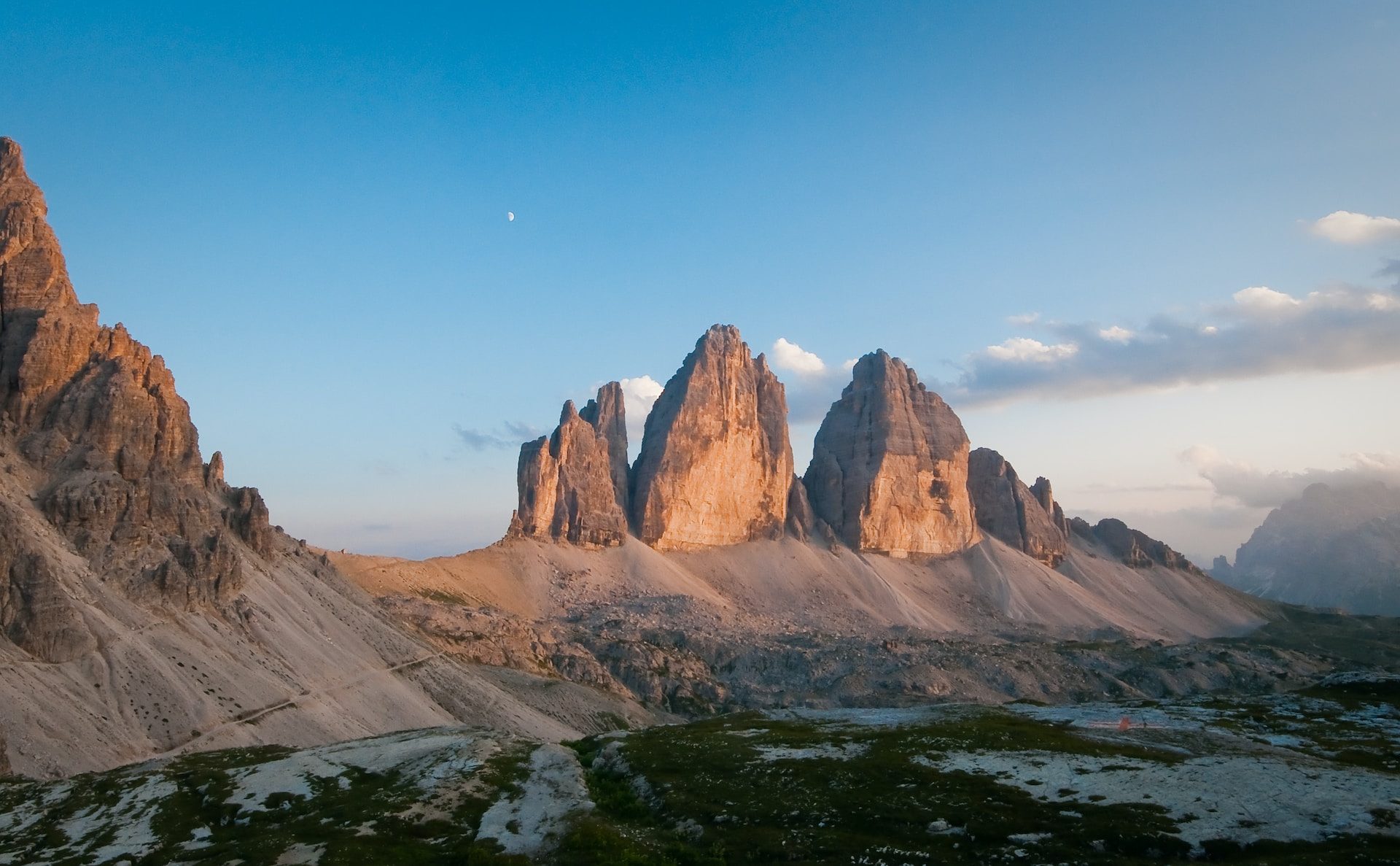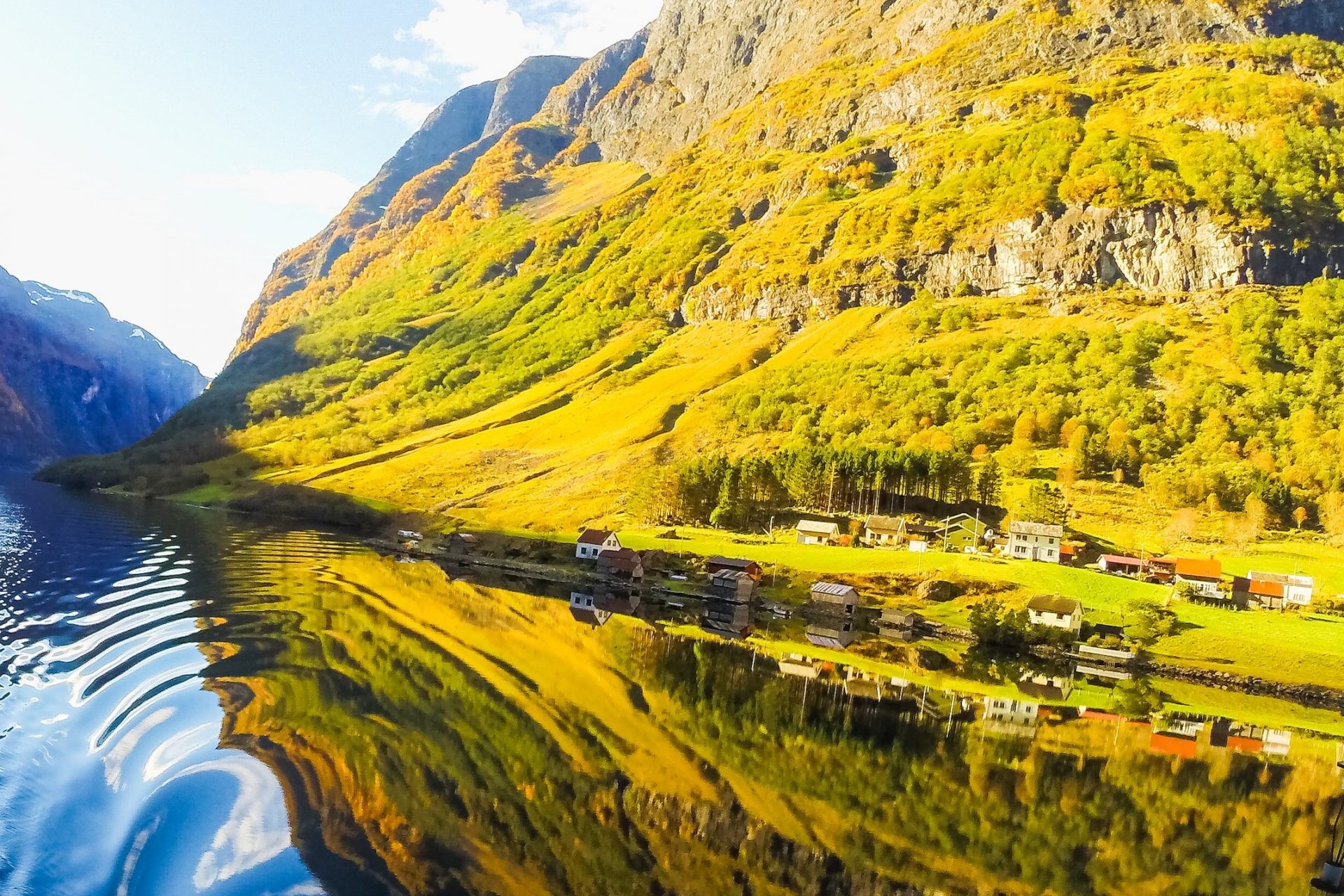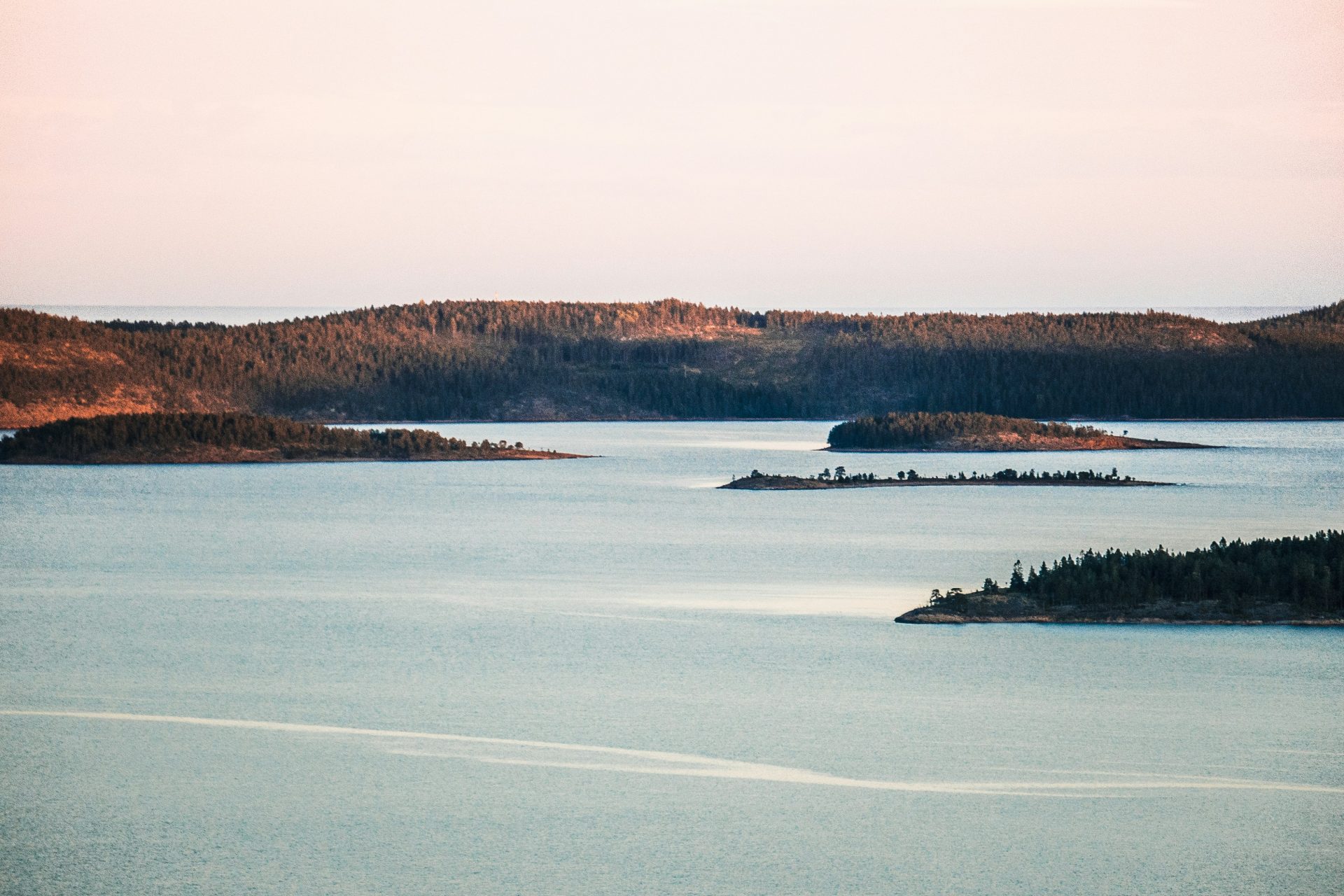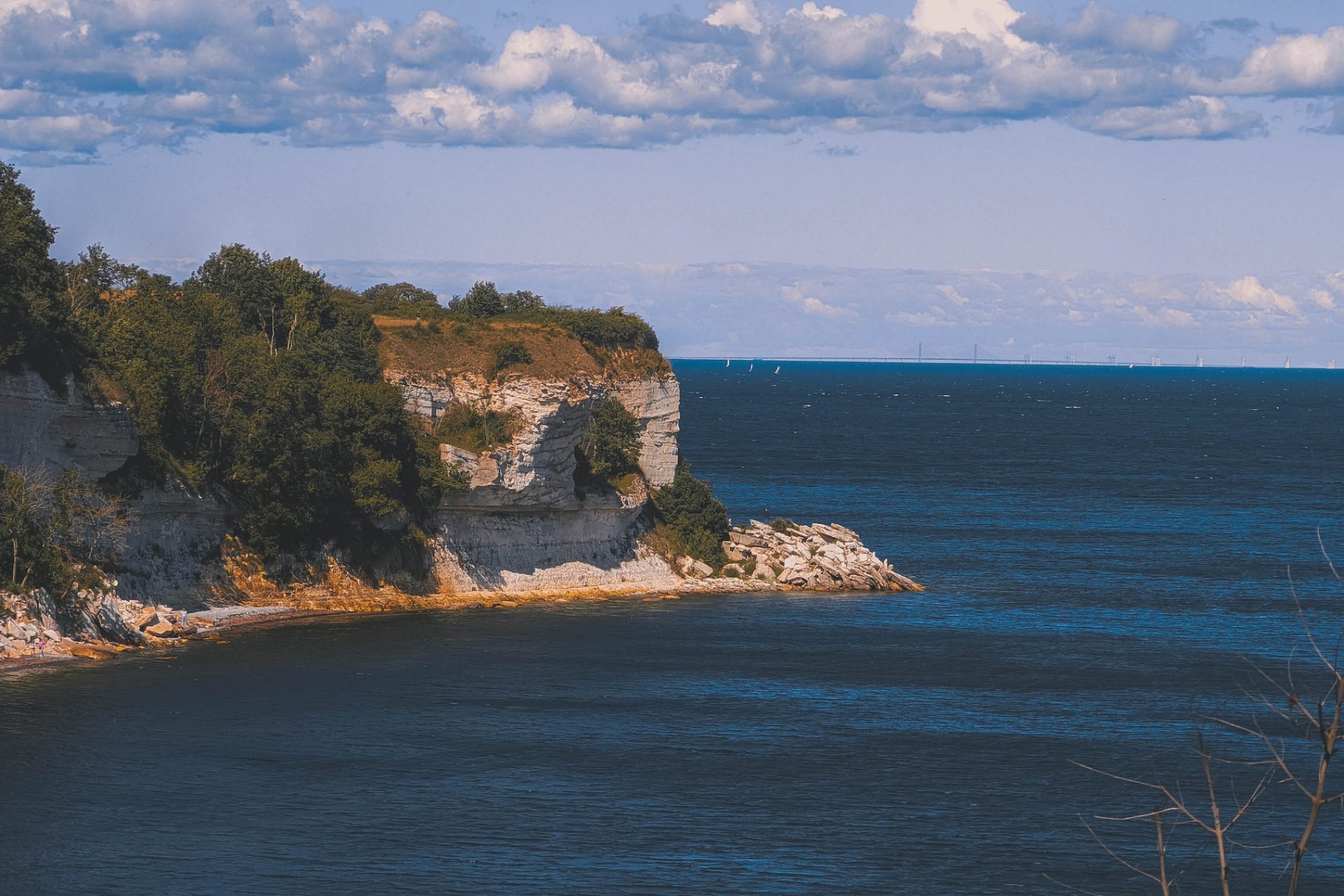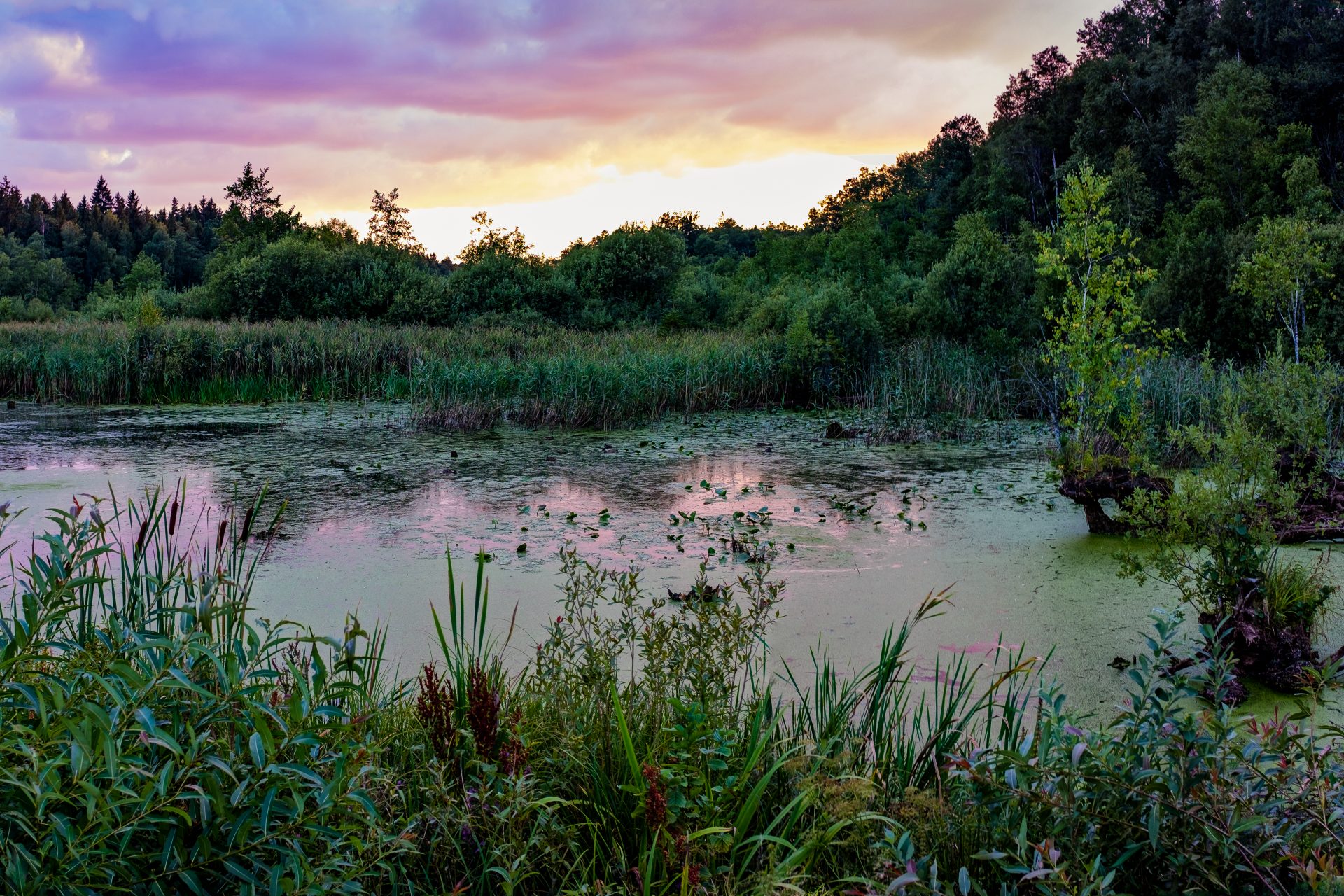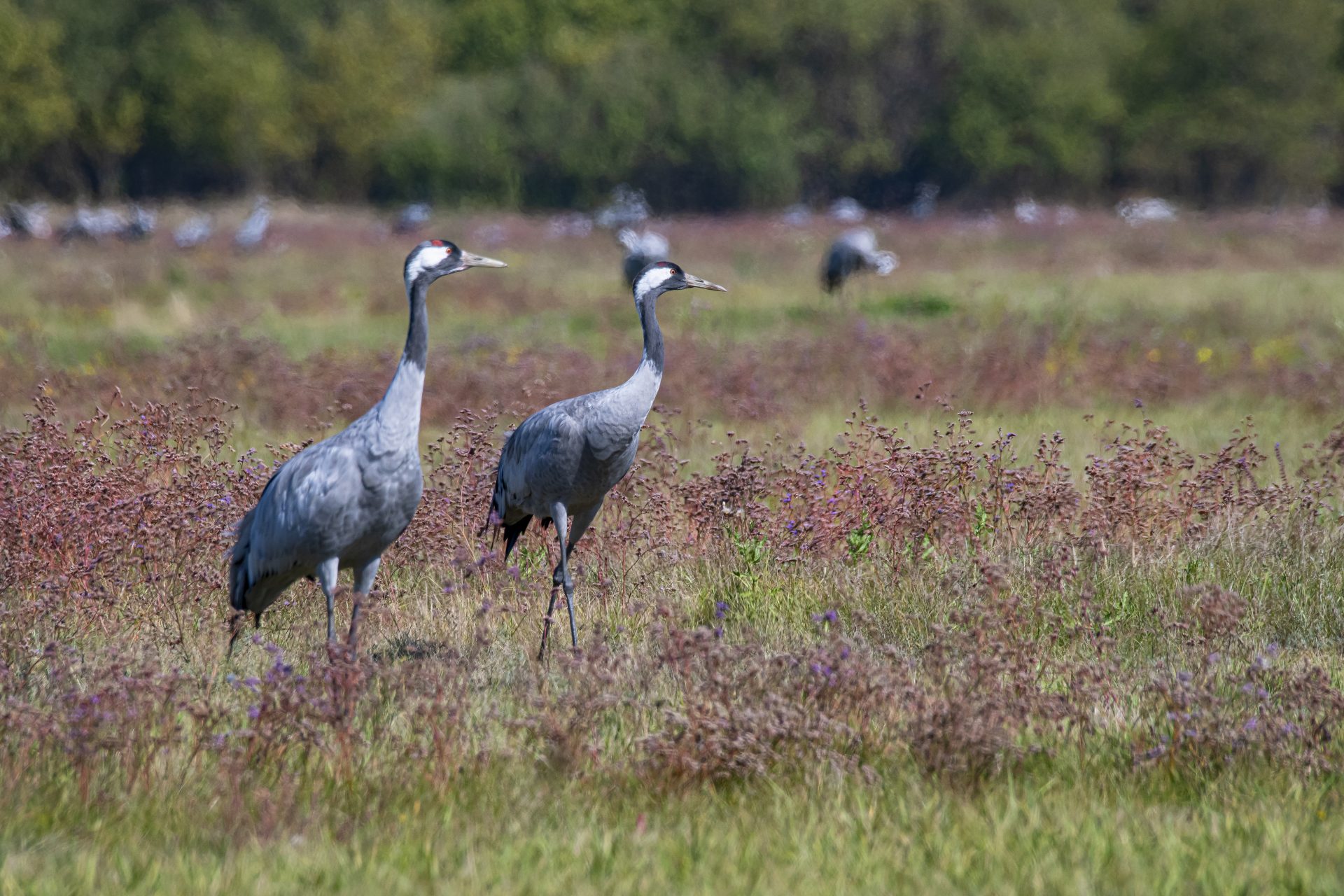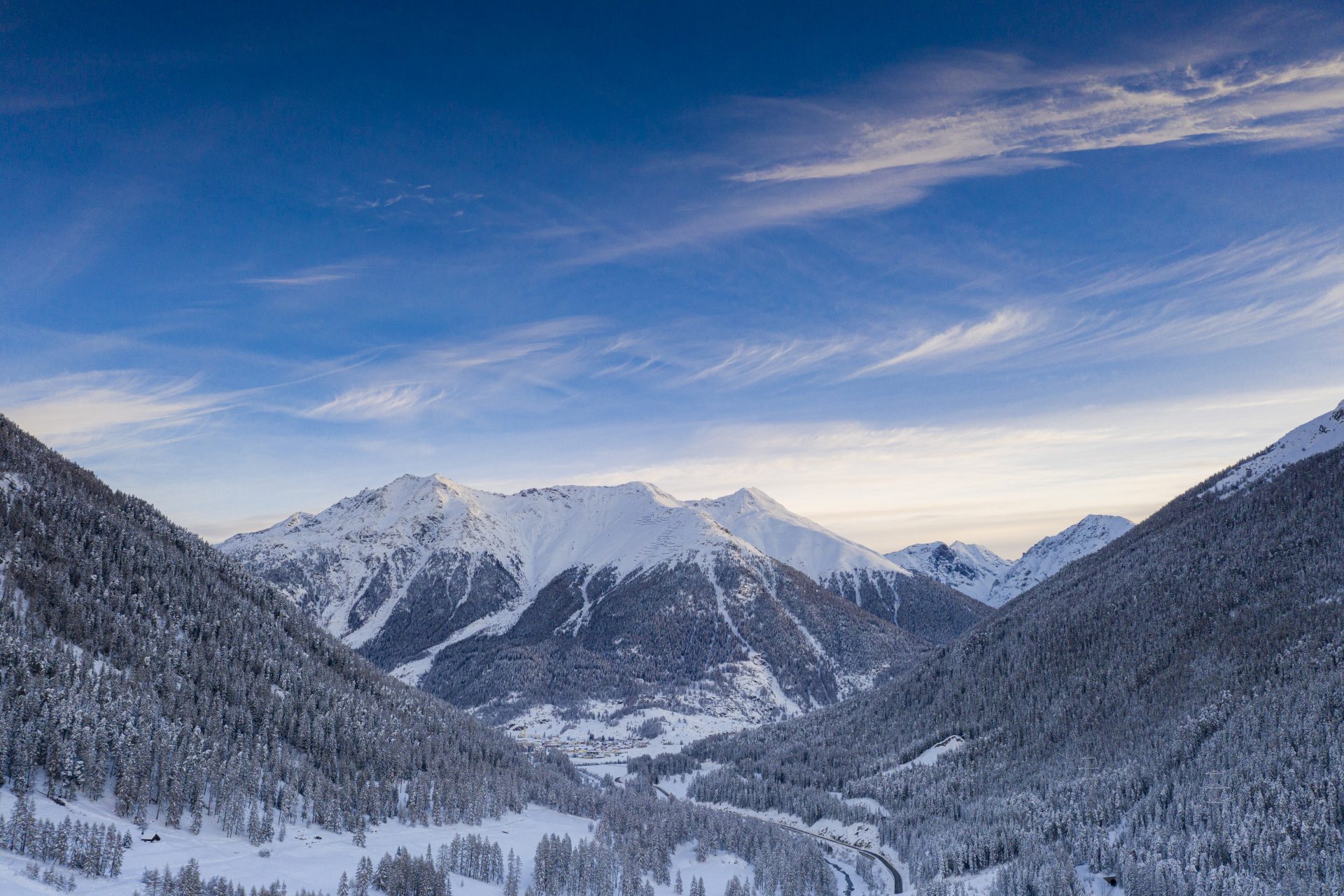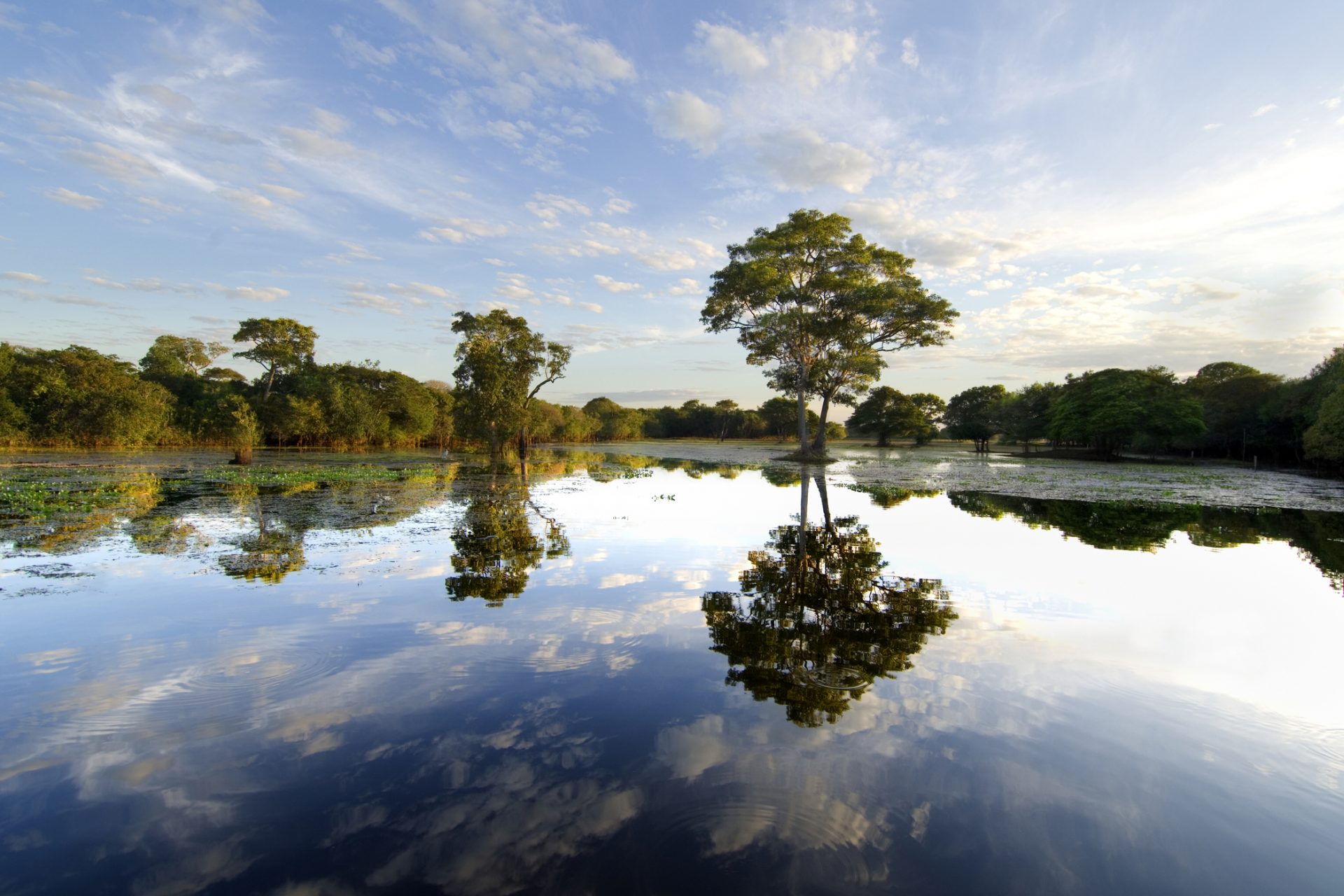The most beautiful UNESCO national parks in Europe
You need a break from it all. Time to relax and treat yourself well. What better place to do so than a wide, natural area? Europe has many fantastic national parks that are listed as UNESCO World Heritage. Join us to have a look at them!
Visiting nature is not only a lot of fun; it is also good for you. In fact, scientific research has shown that it makes you healthier to go out into the wild occasionally.
Photo: v2osk / Unsplash
Environmental psychologist Agnes van den Berg tells the Dutch newspaper Trouw that feelings of depression quickly disappear when we focus on the beauty of nature. There is more space in your head through a phenomenon called "soft fascination".
Photo: Adam Kool / Unsplash
Our daily worries fade into the background and our heart beats more irregularly. The latter seems dangerous, but it is actually a sign that you experience less stress.
Photo: Dawid Zawiła / Unsplash
Enough reasons to honor nature with a visit. To help you, we present to you the 10 most beautiful UNESCO parks in Europe.
Photo: Wil Stewart / Unsplash
Plitvice Lakes National Park is located in Lika-Senj County. Due to thousands of years of water flow from the Korana River, a natural deposition process occurred that created dams of travertine.
Photo: Woo Hyeon Kim / Unsplash
There are no less than 16 lakes and 90 waterfalls in this natural park. It is also home to bears, wolves, and several rare birds.
Picture: Ilse / Unsplash
Contrary to what its name may imply, the Saxon Switzerland National Park is located in the east of Germany, with part of it flowing into the Czech Republic. In the park, you will find forests, narrow and deep gorges, rock formations, and table mountains.
Photo: David Hertle / Unsplash
In addition, there is also plenty to discover for culture lovers. The park has several castles and old fortresses to admire.
Picture: Daniel J. Schwarz / Unsplash
With its enchanting lakes, mountains, rocky peaks, and glaciers, it is not surprising that the Dolomites have made it onto the World Heritage List. In this area is the Tre Cime rock formation, a mountain top consisting of three peaks.
Photo: Stefano Bazzoli / Unsplash
Another 3,152-meter-high peak is the Olegruppa. The highest part is the Marmolada. This mountain range is 3,342 meters high. If you like to hike, this is the place to be.
Photo: Francesca Petringa / Unsplash
The Naeroyfjord is one of the most beautiful fjords in Norway. It is still relatively unknown and, together with the Geirangerfjord, it is on the World Heritage List.
Photo: Max van den Oetelaar / Unsplash
The fjord is about 20 kilometers long and very narrow in some places. The surrounding mountains are up to 1,770 meters high, while the fjord is only 12 meters deep at its narrowest point. You can see numerous waterfalls here and enjoy marvelous walks.
Picture: Meriç Dağlı / Unsplash
The Höga Kusten or 'High Coast' is a beautiful landscape in the northeastern province of Ångermanland. The coastline has a height of 286 meters and is also the highest coastline in the world.
Photo: Martin Edholm / Unsplash
If you like climbing and outdoor activities, you've come to the right place, but there is also plenty to see for culture lovers. The area has ancient fishing villages and you can find the famous petroglyphs from the Bronze Age here.
Picture: Karl Hedin / Unsplash
The Parc National des Pyrénées, a UNESCO World Heritage Site, is a beautiful park in Pyrénées-Atlantiques region. With diverse vegetation and 3,000-meter peaks, it covers more than 45,000 hectares. Hiking enthusiasts can enjoy breathtaking views and there are various animal species such as marmots and birds of prey.
Photo: Vladan Raznatovic / Unsplash
The park is also home to beautiful mountain lakes, such as Aule, Artouste, and Anglas d'Ossau. It's a perfect place for walks.
Picture: Fernando Puente / Unsplash
While Denmark is mainly known for its flat landscapes, Stevns Klint (the Cliffs of Stevns) offers a beautiful contrast. The chalk cliffs along the coastline, 15 kilometers long and up to 40 meters high, reveal ancient fossils during low tide.
Photo: Levin Kohrt / Unsplash
What makes this place really unique is that, among a few others in the world, it reveals traces of the giant meteorite impact that caused the end of the dinosaurs 65 million years ago.
Picture: Levin Kohrt /Unsplash
The Polish Białowieza Forest is an impenetrable primeval forest with large trees, wisents, and rare flora, fauna, and fungi. The oldest national park and reserve in Europe, it's famous for its pristine nature and bison population.
Photo: Krzysztof Chrostowski / Unsplash
The forest is an important place for scientific research and is home to more than 120 bird species. It has been recognized as a UNESCO Biosphere Reserve and a World Heritage Site.
Hortobágy National Park, located in the eastern part of Hungary, is an iconic steppe landscape on the Great Hungarian Plain that appeals to every bird lover. The area is mainly characterized by the vast puszta, as the Hungarians call it, a kind of steppe, and open marshes.
Forests can also be found in the higher areas of this park. However, it is best known as a steppe area. In fact, it's the largest steppe in Central Europe.
The UNESCO Biosfera Engiadina Val Müstair in Switzerland offers a varied landscape with high alpine areas, roaring mountain streams, idyllic villages, colorful meadows, and mystical forests. It includes the Swiss National Park and the Monastery of St. Johann in Müstair.
Photo: Silvan Ruf / Unsplash
This lovely park offers rest and relaxation to visitors, but they can also enjoy historic cultural landscapes, such as old mills, lime kilns, and traditional weaving mills.
As you can see, Europe has plenty to offer. It is much more than its cities and cultural history. All you need is a good pair of hiking boots, a map, and a backpack. Go out and let yourself be overwhelmed by the impressive landscapes!
Photo: Zbynek Burival / Unsplash







